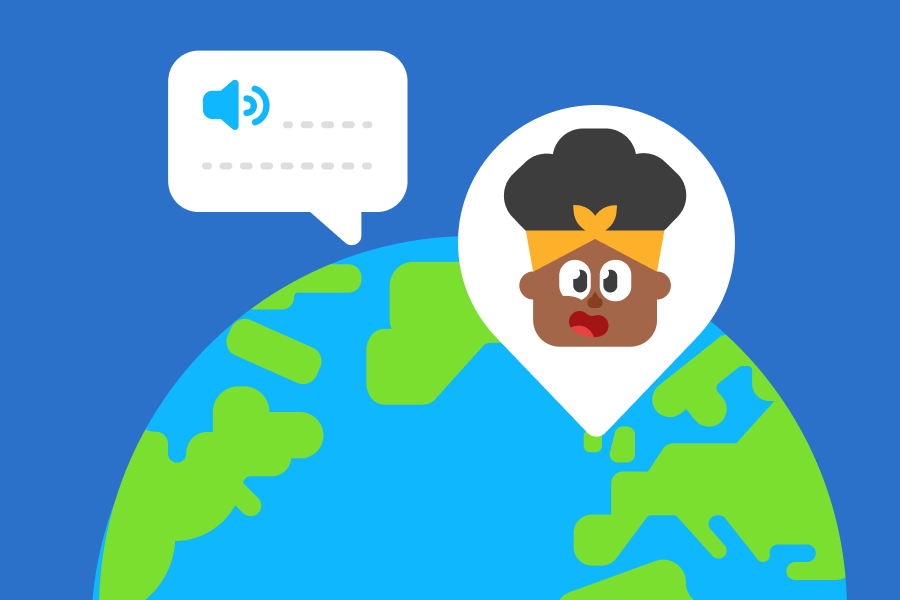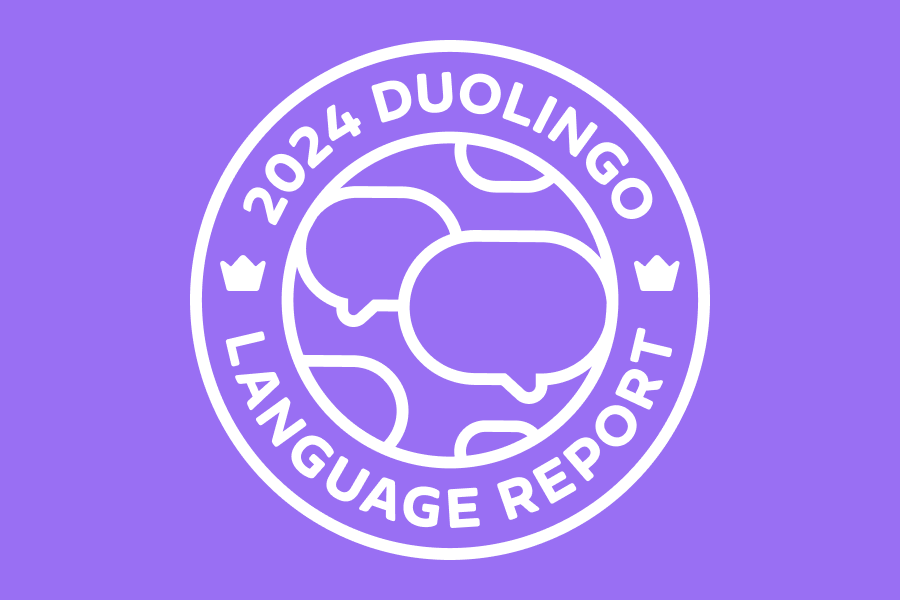Dialects reflect the history and culture of their speakers—and Irish English certainly has a lot to say about that! Also known as Hiberno English, Irish English is the dialect of English spoken in the Republic of Ireland, and there are many pronunciation, words, and even grammar rules that make it different from other dialects (including the English used in Northern Ireland). There are influences from Irish Gaelic, a Celtic language that is co-official with English, and lots of differences even within Ireland.
Here's a grind (that's a private lesson!) in some of the unique words and phrases you'll hear in Ireland!
Irish English 101: the basics
Craic
Ah, the classic, multi-use craic (pronounced like "crack"): If you learn only one word to get by in Ireland, this is it! Its basic meaning is "fun," and you'll hear it used in all kinds of situations. If someone asks how the party was last night, the answer might be that it was good craic—it was a good night! It can also be used as a question—Any craic?—to greet someone and ask them what’s new.
Grand
Grand is another common word in Ireland, and it means "fine" or "good." You'll hear people use it to describe how they’re feeling: I’m grand, thanks for "I’m fine, thanks." It can even be used to politely decline an offer. For example, if you're asked whether you want a cup of tea, replying I’m grand, thanks would be a casual way of saying "no thanks."
Sound
Sound is an adjective that usually means "nice." If you hear that someone is sound, it means they're nice! Sound can also be used as a response to mean "thanks."
The jacks
This Irish English expression is a must-have: It means "the bathroom"! Some say the expression comes from the English term the John while others say that it is a reference to Jack Power, who invented the first multi-stall toilet. In any case, it might be the first phrase you want to learn to say yourself!
I’m after…
In Irish English, speakers use after to mean that they just did something. This expression comes from the Irish phrase tar éis, which means "after." It can also be used for emphasis, as in I’m only after eating (I just ate), You’ll never believe what I’m after hearing?! (Guess what I just heard?!), and I’m after getting a terrible shock (I just got a big shock).
Do be
Do be is an informal phrase for things that happen regularly. Like I'm after, its roots are in Irish, from the verb phrase bím ag (+ verb), which literally translates to I do be + -ing verb. For example, I do be living for the weekend means "I am usually really looking forward to the weekend."
Advanced Irish English: how to impress your new Irish friends
Once you're familiar with the basics of Irish English, you're ready to give your English some real Irish flavor!
Yoke
Yoke can have different meanings but is commonly used to refer to an object when you can’t remember its name: Where is that yoke? is used casually for "Where is that thing?"
Up to ninety
This indicates that someone is very stressed! If you hear I’m up to ninety about my language exam today! (I’m super stressed about the test), you might direct them towards Duolingo for some practice. 😉
Acting the maggot? Careful, you’ll get given out to!
Anyone with Irish parents will recognise these expressions: To act the maggot means "to act foolishly or misbehave," and to give out or to get given out to means "to get into trouble" or "to get a telling off." This last one is a direct translation from the Irish expression tabhair amach (to give out).
Stop the lights!
Stop the lights is a fun, conversational exclamation that conveys exasperation or incredulity. If you’re gossiping with a friend or telling a particularly shocking story, they might interrupt you with Stop the lights!—"I don’t believe it!"
C’mere to me
This shortened expression is one you'll hear in casual conversations, particularly in Dublin. C’mere to me (from "Come here to me") is often used before starting a story to draw in someone’s attention: C’mere to me, wait till I tell you what happened last night!
Let the craic begin!
Now that you've had your first Irish English grind, look for opportunities to practice this new lingo at home by watching movies and TV from Ireland, including Derry Girls, Normal People, Banshees of Inisherin, and Belfast.



